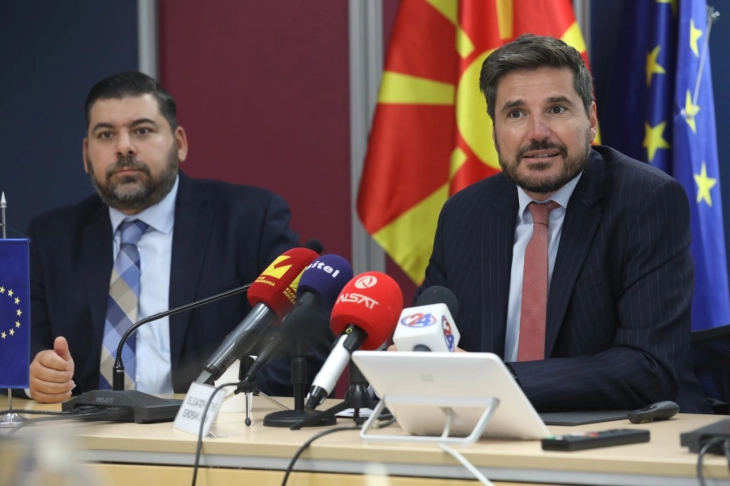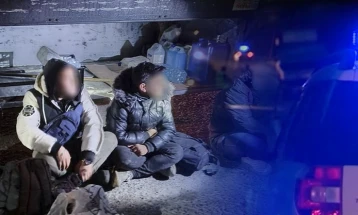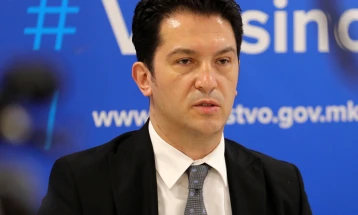Important to implement reforms not only show percentage of aligned legislation: EU Delegation

Skopje, 4 October 2022 (MIA) – Julian Vassallo, Deputy Head of European Union Delegation to the country, told Tuesday a press briefing on the screening process that it is important to implement reforms not only show the percentage of aligned legislation.
Vassallo said the bilateral screening, which will follow the ongoing explanatory screening, is a much more complex process, where the EU goes deep into the reforms, with North Macedonia responding to EU’s questions, explaining and presenting progress in the implementation of European standards in a specific field, but also undertaking a commitment on the timeframe and percentage of alignment with European regulations.
“Upon completion of the bilateral screening, the Union will decide whether it will open the negotiations on clusters or set benchmarks for some. If these benchmarks are not met, the country cannot move forward in certain clusters,” said Vassallo.
On the country Report that the European Commission is set to release next week, he said it would not hold any surprises.
Vassalo noted that North Macedonia is now in a new stage, it has started the accession negotiations, and the screening process is going deeper than previous EC reports, which assessed if the country was prepared for negotiations.
The EU Delegation Deputy Head said the Frontex agreement with North Macedonia would be signed in the coming weeks, in Macedonian language and no footnotes.
According to him, the Frontex agreement is important because of two reasons – cooperation and participation in EU mechanisms as a candidate-country; and the fact that the Macedonian language is the language of North Macedonia.
Asked about EU’s help to North Macedonia in the procurement of electricity, Vassallo said the country would not be left alone while adding that all European countries are facing the energy crisis.
Regarding the registration of Bulgarian associations across the country, named after controversial figures, and the remark these are provocations coming from an EU member-state, Vassallo said the Union does not focus on history but the future, whereas the issue is a bilateral one and the Union is not part of that process.







